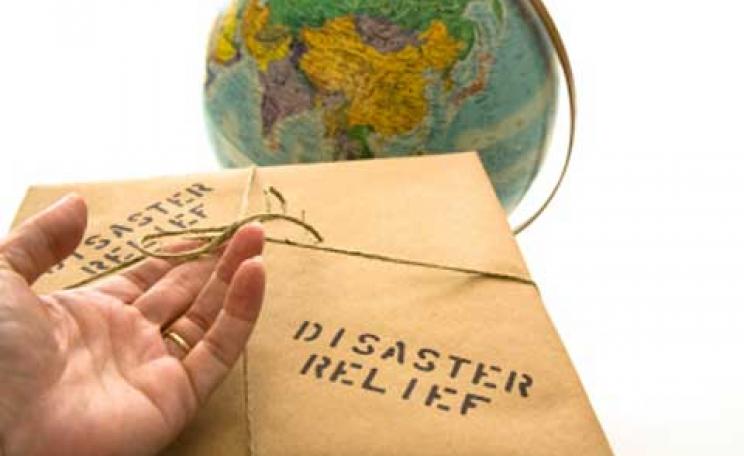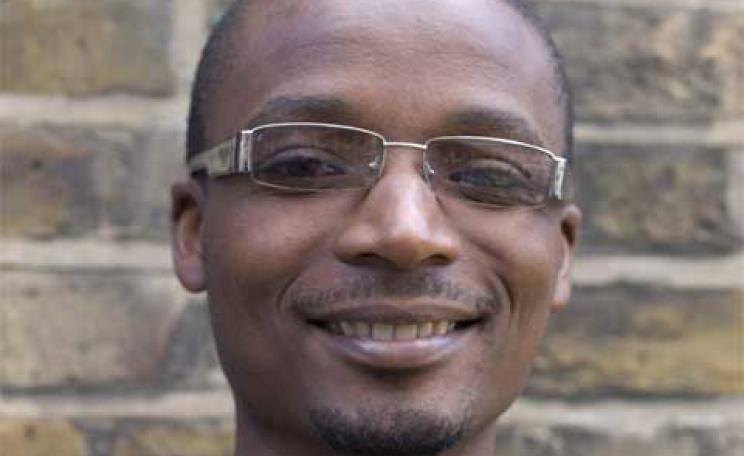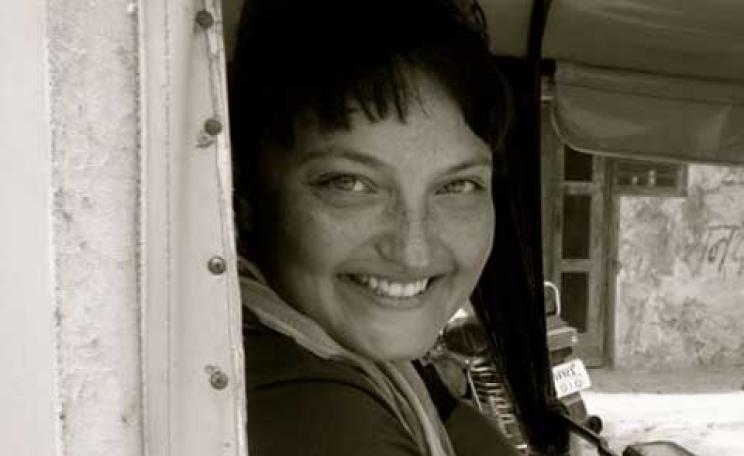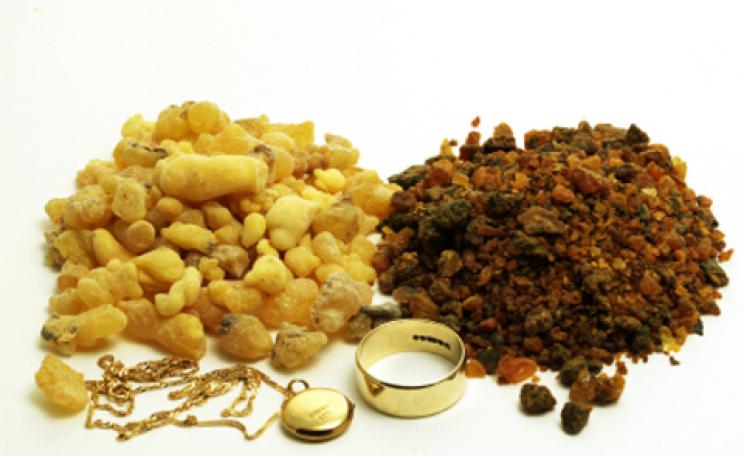'Tools for Self Reliance sprang not from an interest in technology, but from the spirit and values of volunteering,' says founder Glyn Roberts. She wanted to connect people in the UK to those living in the developing world and after visiting a teacher training centre in Uganda and learning that the demonstration tools were constantly ‘liberated’, Glyn realised she could take action to liberate a continent rife with poverty.
There are about 50 workshops in the UK that focus on recycling donated tools and sewing machines, which would normally end up in landfill, and sending the refurbished goods to African countries. Partner organisations then, with TFSR funds, train marginalised people in artisan trades including: carpentry, tailoring or blacksmithing, with business skills included. The graduates receive tool kits to help them get started with their new workshops. A consistent source of income and an avenue for education, these workshops provide individuals with the tools to succeed, in a company or as an entrepreneur.
Glyn states that one of her greatest successes has been ‘having hundreds of volunteers working together on a common cause to support hundreds of African people… The fact that we have volunteers with us for more than 25 years or examples like our project with GIGDEV that has grown from girls on the veranda to a fully fledged vocational centre.’
GIGDEV, Girls Growth and Development centre, in Ghana, run by one of TFSRs partners, has helped women obtain GNVQs such as hairdressing. Most women previously lacked the skills and qualifications needed to get a job and often become young mothers as a result. This project has helped changed perceptions and empowered women all over Ghana.
Working with the British Consultancy Charitable Trust, TFSR has also created an Agoro Vocational Institute in northern Uganda. The training centre has provided over a thousand tools to self-employed builders and carpenters who have returned to Kitgum and Lamwo Districts after 20 years of civil war.
Take Action:
 The success of TFSR relies on the work of volunteers. Get involved in TFSR by helping to donate or refurbish tools or sewing machines. Many other opportunities are available including: warehouse store person/driver, electrical equipment tester/repairer, volunteer recruiter and events organiser, grounds person, public speaker, fundraiser, librarian, reporter/writer. Sponsoring a project also helps provide funding that is so desperately needed.
The success of TFSR relies on the work of volunteers. Get involved in TFSR by helping to donate or refurbish tools or sewing machines. Many other opportunities are available including: warehouse store person/driver, electrical equipment tester/repairer, volunteer recruiter and events organiser, grounds person, public speaker, fundraiser, librarian, reporter/writer. Sponsoring a project also helps provide funding that is so desperately needed.
| READ MORE... | |
 |
GREEN LIVING DIY: why women should pick up a hammer Getting practical can save you money, make you more self-sufficient and gives you the potential to have a broader green impact too. So get that tool box out... |
 |
HOW TO MAKE A DIFFERENCE CAMPAIGN HERO: Bongani Mthembu of South Durban Community Environmental Alliance Bongani Mthembu talks to the Ecologist about the struggles and successes in achieving environmental justice in South Africa’s townships |
 |
GREEN LIVING Not charity but work: Vivienne Westwood's 'Ethical Fashion Africa' collection goes on sale In an effort to address the joint problems of poverty and environmental degradation, Vivienne Westwood has joined up with the International Trade Centre for the launch of her second ethical range |
 |
NEWS ANALYSIS Agroecological farming 'can double food production in Africa over next 10 years' Low-input farming projects, not reliant on chemical fertilisers and pesticides, have brought significant increases in food production in Africa, south-east Asia and South America, according to a UN report |
 |
HOW TO MAKE A DIFFERENCE Celebrating women activists: South Africa's Mphatheleni Makaulule On international women's day, a remarkable lady fighting to maintain the ancient traditions, local knowledge and sacred sites of one of South Africa's last indigenous clans talks to the Ecologist |








